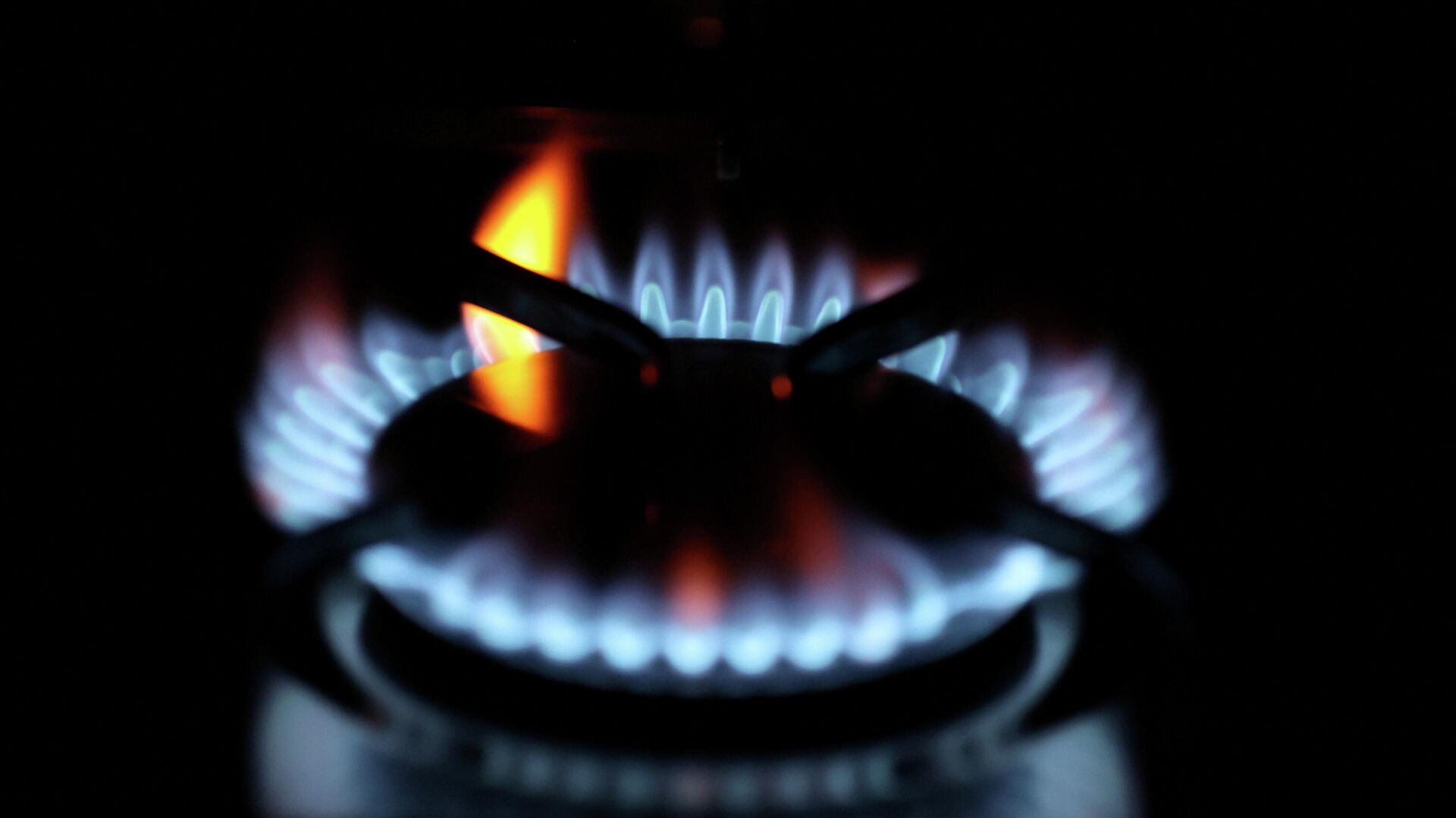UK Braces For Doubling Energy Bills as Gov't 'Steps in' With Economic Measures to Soften Blow
12:10 GMT 03.02.2022 (Updated: 15:18 GMT 28.05.2023)

© REUTERS / LEE SMITH / FILE PHOTO: Flames come out of a domestic gas ring of an oven in Durham, Britain, September 23, 2021.
Subscribe
Surging gas prices have already prompted electricity bills to skyrocket across Europe, including in the United Kingdom. Aссording to BofA analysis, the average Western European household spent around 1,200 euros on gas and electricity in 2020.
Chancellor of the Exchequer Rishi Sunak has announced the so-called Energy Bills Rebate – an extensive package of government measures aimed at helping Brits cope with energy costs that are set to ratchet up in April.
"Without action, this would be very tough for millions of families," Sunak said. "So we're going to step in and directly help people manage those extra costs with a £350 Energy Bills Rebate."
According to the government's plan, the majority of households will be eligible for a £350 (some $476) discount on their electricity bills.
"In October all domestic electricity customers will receive a £200 discount on their bills. People will then have five years to repay that discount in equal instalments of £40 a year," Sunak explained.
Additionally, the government will be discounting Council Tax bills by £150 in April. Local authorities will be provided with a discretionary fund of nearly £150 million to help lower income households in higher Council Tax bands, and households in bands A-D who are exempt from Council Tax.
Amid the UK bracing for the surge in energy prices, the Bank of England moved to raise interest rates from 0.25 percent to 0.5 percent and "voted unanimously to begin to reduce the amount of quantitative easing."
Prices to Double
Shortly before Sunak's remarks, British energy regulator Office of Gas and Electricity Markets (Ofgem) announced that customers in the UK will see a massive increase in energy prices, with the price cap to skyrocket by £693 (around $938) from April.
For prepayment customers, the energy prices will see an increase of £708 from £1,309 to £2,017, meaning that a lot of British families will effectively have to pay twice as more for their energy.
"It will affect default tariff customers who haven’t switched to a fixed deal and those who remain with their new supplier after their previous supplier exited the market," Ofgem explained.
According to Ofgem, the hike in prices followed the unprecedented surge in gas prices over the year. Last year, Benchmark wholesale European gas prices rose more than 300 percent, prompting the collapse of some 25 British energy suppliers and strongly impacting electricity costs for British families.
“We know this rise will be extremely worrying for many people, especially those who are struggling to make ends meet, and Ofgem will ensure energy companies support their customers in any way they can. [...] Ofgem’s role as energy regulator is to ensure that, under the price cap, energy companies can only charge a fair price based on the true cost of supplying electricity and gas."
Ofgem said that on Friday it will announce more measures to help the energy market weather the challenges posed by the surge in gas prices.
What Should the UK Economy Expect?
Some observers have suggested that inflation in the United Kingdom will soon hit its highest level since the early 90s. The pricey measures that are being prepared by the Bank of England are expected to hit the already slowed British economy even more.
Head of the blue-chip business group the Confederation of British Industry Tony Danker told Sky News that, although he views the incoming government measures as good news, there can be long-term consequences for the economy.
"My question is really whether or not the economy is going to grow fast enough after this year for everybody to have the wage growth they need to cope with higher bills," Danker said. "Let's see the detail. But I think this is a much more profound problem: how is Britain going to grow its economy and grow wages. The government's in a tough spot."
According to the Thursday estimations by the Bank of England, UK inflation is expected to rise to around 7 percent but then fall back.
